Admit it: I say “teenagers,” and a part of you recoils in horror. They smell weird. They have zits. They have epic mood swings based on incidental events—an exchanged glance in the high-school hallway, a seemingly innocuous Facebook comment, a casual recommendation about how they can improve their appearance—and when they do, the adults in their lives are a little taken aback. What on earth? What did I say?
Teenagers are human Tupperware containers stuffed with active, crawling, surging hormones, and the lid seems perpetually about to burst.
So why do I love them so?
I recently visited three groups of high-school students: a teen writing group at a library in Lakewood, Colorado (near my home), a Creative Writing class at the Open School (also in Lakewood), and the Moravian Academy in Bethlehem, PA. At the library, I gave a writing workshop and participated in a panel with other writers. At the Open School, I sat in on a critique of one student’s novel-in-progress and chatted with the young writers afterwards. At Moravian, I gave readings (including at my first high-school assembly) and visited six English classes. At each place I visited, I was smitten by the smart, nerdy, beautiful kids I met.
At the Lakewood Library, I was approached by a gangly, adorable 16-year-old with glasses and braces who introduced herself as Stephany, asked me for my autograph (“But I’m nobody famous,” I said, and she said, “That’s okay, it’s just something I ask everyone”), then proceeded to tell me about the Young-Adult fantasy trilogy she had written. She could show it to me; would I like to read it?
I stared at her, remembering what a friend had told me to say in these situations: I’d love to, but my therapist told me not to. But really, a trilogy? At sixteen? By the time I was sixteen, I had written, what, a poem? Of course I would read it.
At the Open School, the historical novel-in-progress we discussed, written by a sophomore named Kassidy, was so beautifully written, with such tenderness for her main character, that I, the “visiting author,” didn’t have much to offer by way of a critique. After talking with them for a while about writing, I left thinking that I should be the one to thank them rather than accepting the thanks they so kindly offered me.
At Moravian, I met close to a hundred high-school students, but the group that won my heart was Ms. Randall’s AP Composition class. There I met with smart, amiable juniors sitting in a semi-circle, reading drafts of their personal essays and offering constructive critiques. One student, named Vicky, had written about the death of her dear Greek uncle, and when she started crying only two sentences in, her friend Tim, sitting next to her, picked it up and finished reading it for her.
This kind of behavior was, I found, common in all the settings I visited. Nobody was mean, or even slightly snarky. They were intelligent, astute readers. They offered constructive feedback and asked good questions. And in all three settings there was a pervasive atmosphere of support. (Compare that to some adult writing groups, where writers, sometimes even the teachers, can’t wait to show off their expertise by dressing down other members of the group.) As writers, these kids may have a long way to go—they’re all using too many adjectives and adverbs, and they’re so in love with the beauty of their sentences that they’re forgetting it’s all about character and authenticity, showing instead of telling—but who cares? They’re doing it. They’re telling their stories. Which is way more than I did at their age. And some of them are better writers now than I was in my twenties. But here’s what seems most important to me: in an educational system that teaches kids again and again that their stories don’t matter—that what matters is their ability to memorize or analyze other people’s stories (whether it’s History, Biology, English, Social Studies, or Math–because what do they know, right? They’re just kids!), and in the midst of a national conversation about how teaching our kids math and science matter so much more than nurturing their creativity, these high-school kids, spurred by their sweet, compassionate teachers, are making the most of the opportunity to tell their own stories—and are doing so with integrity and enthusiasm.
And, I would add, bravery. For—do you remember being sixteen?—what is more frightening at that age than to describe in detail a wounding, clumsy, or even traumatic event in your life, and then share it publically? This is quite different than failing a math test or doing something embarrassing in the cafeteria; this is your writing; this is your soul in print, for all to see. This is the equivalent of showing up to class in your underwear while holding your breath out of the fear—no, certainty—that everyone will erupt in laughter and point at you. It’s a brave enough thing to do as an adult; but to do it as a teenager, when the smallest remark can trigger an emotional collapse? Well then, Stephany, Kassidy, and Vicky, all I can say is, you’re among the bravest people I’ve ever met. I had not an iota of that courage when I was your age, and I envy you yours. So, go get ‘em. Write it all down, and showcase it to the world. You too, Tim, and you too, Michaela, Shiek, Taylor, Eilidh, Doug, Alice, Griffin—all of you. Because now that I’ve met you, now that I’ve read your beautiful work, you’re not “just kids” to me anymore, nor will you ever be.
You’re my heroes.
![]()

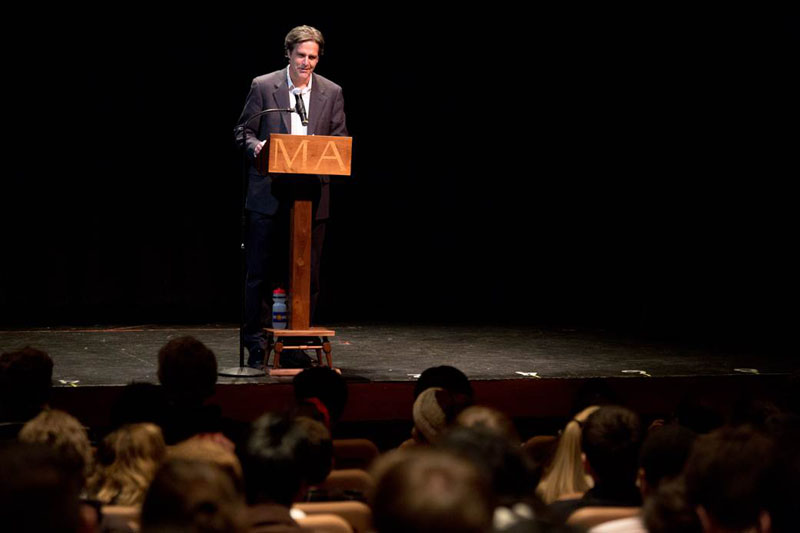
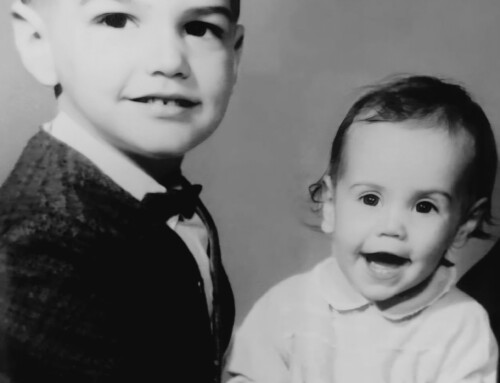
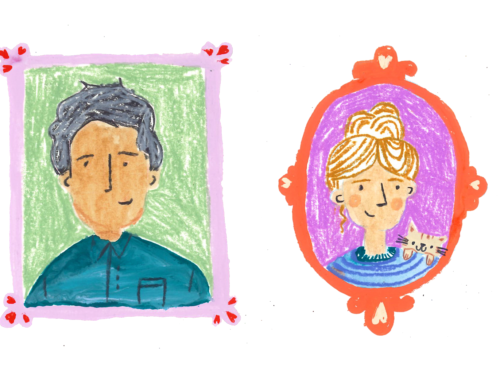
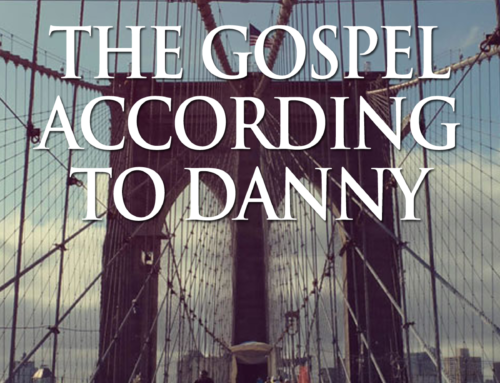
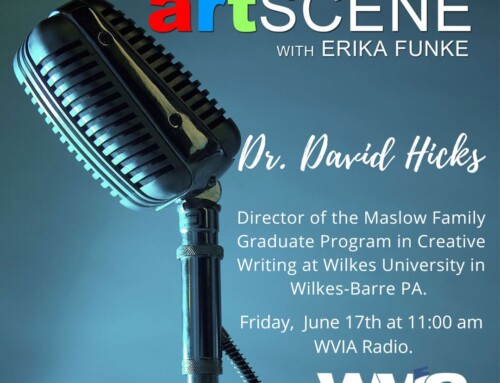
Leave A Comment